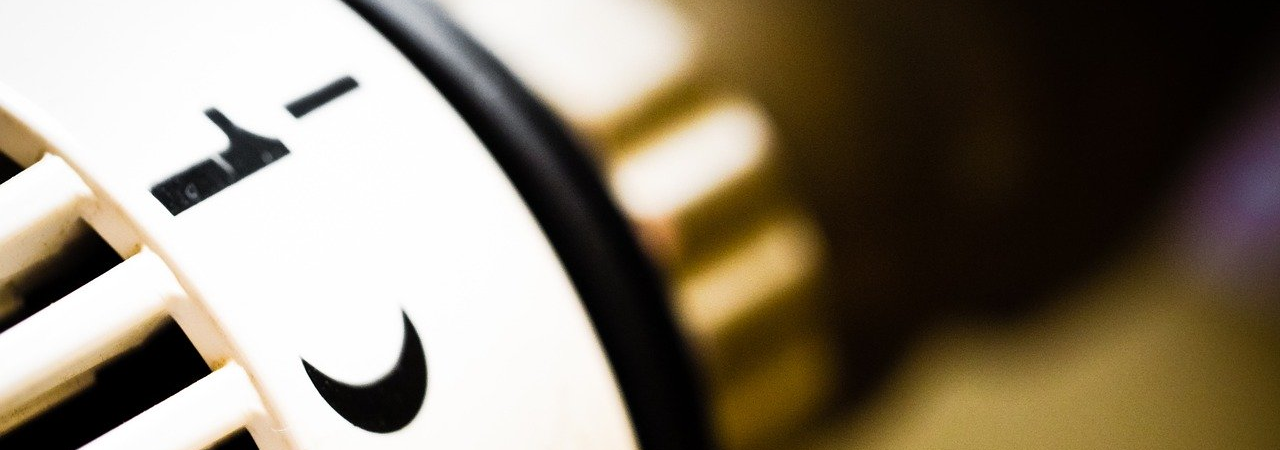Maintaining Your Central Heating Over The Summer Months
In the heat of the summer, when its warm outside and you’re spending more time in the garden, it’s easy to forget about your central heating system.
However, with winter fast approaching, you need to make sure that your central heating is working effectively before you need it. In the winter, many plumbers have longer waiting lists, meaning you may have to wait longer in a cold and damp house.
Often, leaks and other issues in central heating systems start small, but if they go unnoticed, then they quickly become significant problems, which can be expensive to fix.
Watch Out For Leaks
One of the easiest ways to spot heating leaks is to check for water coming out of the boiler, or any of the radiators. If you find that any water is leaking out of your system, but you can’t find the cause of the leak, then contact us, and we’ll help you to get it fixed in time for the colder weather. Be vigilant and don’t overlook even a small puddle of water or slight water damage; it could be a sign of a leak. Even a small leak can cause expensive damage to your central heating system, so be proactive and act quickly. We can use pressure testing, thermal imaging, gas tracing and other techniques to find the source of the leak.
Turn Your Boiler On Intermittently
When you’re struggling in the heat, you might not want to turn your boiler on, but if you leave it switched off for months, then you might find that it won’t work correctly when you eventually turn it back on. Try turning on the hot water every week, or switching a radiator on, so that your boiler gets warmed up and ready for the winter. You should also inspect the boiler and central heating system visually every so often, to check for leaks or any other damage that could cause problems when you start using the system later in the year. Check the valves, pipes and connectors, and if you notice anything that doesn’t seem right, then contact a professional.
Bleed Your Radiators
It might sound gruesome, but bleeding your radiators is actually a great way to ensure that your central heating system works properly. It’s also a task that you can do yourself, without any professional training, making it ideal for cost-conscious homeowners. To find out more about how to bleed your radiators, check out this guide. While you’re bleeding your radiators, you might want to consider checking your boiler pressure.
Check Your Boiler And Pipe Insulation
Boiler and pipe insulation stops your equipment from getting too cold in the winter and freezing. If the water in your system freezes, then thaws, it could cause the pipes to crack and leak. As such, you must check your insulation now to ensure that your pipes are warm enough for the coming cold weather. If the insulation is insufficient, then you should contact your plumber to find out more about adding additional insulation to ensure that your pipes won’t freeze when the temperature drops.
Get Your Central Heating System Serviced
Your boiler and central heating system need servicing at least once a year, and summer is the best time to do it. After all, you’re not using your system as much, so you’ll have plenty of time to get any repairs made or spare parts ordered. If you leave your annual central heating check until winter, then you could encounter problems and be left with a cold house. Call a Gas Safe engineer who can check your boiler pressure, pipes and more, and reassure you that your system is running effectively. If they do notice any problems, they can advise you on how to fix them.
Call The Professionals
If you notice any problems with your home’s pipes, plumbing and central heating system during the summer and you’re not sure what to do, call a professional. Our team can help with everything from water leak detection through to leak repair, water extraction, and drying, and much more.

 Pinpoint Trace and Access Ltd.
Pinpoint Trace and Access Ltd. Pinpoint Trace and Access Ltd.
Pinpoint Trace and Access Ltd. Pinpoint Trace and Access Ltd.
Pinpoint Trace and Access Ltd.